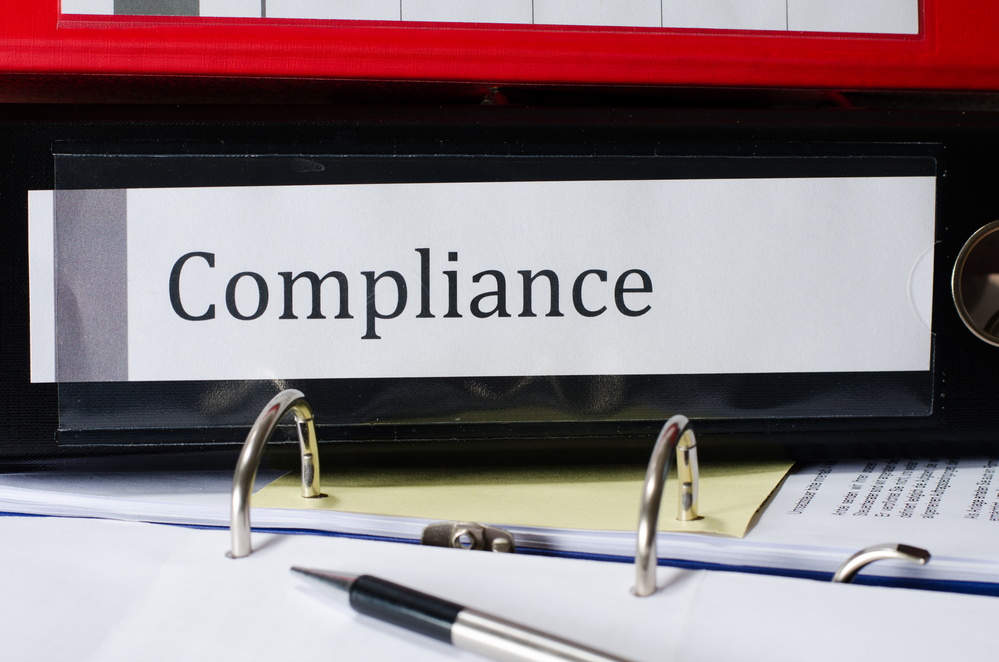
The Australian Border Force (ABF) in their ‘Goods Compliance Update (GCU) – Autumn 2023’ stated that the ABF requires customs brokers to state the final destination address when communicating import declarations to the ABF. When I saw this GCU, my first reaction was ‘some genius at the ABF has had an idea’.
The Approved Statement requirement for the Delivery Address field is “The address identifying where the goods are finally destined.” Entry of an intermediary address, such as a depot or logistics service provider address, is not appropriate, except in limited cases where, post importation, a single consignment is to be delivered to multiple customers or addresses of the importer. Please ensure accurate address details are recorded on import declarations. Compliance action may be undertaken where an address other than the delivery address of a consignment is recorded.
The Integrated Cargo System (ICS) has been in place for at least say twenty [20] years; software providers have worked around the ICS template. Our software provider ‘flags’ the postcode when we enter a rural delivery postcode in their EDI system.
For the past twenty years, this issue of providing a final destination address has never been discussed.
The ABF never consults with customs brokers directly, it is an archaic process of headmaster and student relationship. If customs brokers do not do as we advise, ‘compliance action may be undertaken’.
The genius at the ABF obviously does not know that customs brokers have one address field to work with; we use that address field [in the sea freight FCL context] to also work with the Department of Agriculture, Fisheries and Forestry [DAFF].
Sea freight FCL cargo could be delivered to
(1) a metro address and then de-consolidated and then transported to a rural postcode [to save on transport costs].
(2) FCL cargo could be moved to a metro fumigation depot, fumigated and then delivered to a metro address,
(3) FCL cargo could be delivered to a metro address,
(4) FCL cargo could be delivered to the Melbourne domestic wharf, transported to Tasmania, delivered to an unpack depot in Tasmania then delivered to the final address.
DAFF is concerned with the unpack address. The ABF is concerned with the final destination address. This is ‘two very different sides of the coin’.
The delivery address is a key factor on the Container Weight Declaration; this address is stated on the Proof of Delivery [PoD.
If the ABF wishes to have the final destination address stated on the customs declaration then there should be two fields in the ICS, 1) an unpack address and 2) a final destination address. The DAFF should only profile the unpack address.
I find it dysfunctional that the ABF come out with a yard stick communicating the words ‘compliance action may be undertaken’ considering that this requirement is communicated via the GCU – yet the ICS, DAFF and commercial reality do not align.
If I discuss other import declarations that are communicated to the ABF such as express carriers, general air cargo and sea freight LCL – this would mean that air express carriers should be asking their customers 1) what is your address and 2) is your address different to the address that we will deliver to? Air freight, sea freight LCL and sea freight FCL generally declare their business address on the air waybill or bill of lading but some companies declare their registered office address [for title and ownership] and their customs broker knows where to deliver the cargo.
Quite often importers collect their own air freight cargo from the airline terminal and/or their sea freight LCL cargo from the depots themselves. Customs brokers in this instance do not know where the ultimate address is – and whatever the importer tells us could or could not be correct.
A closing statement: customs brokers are being advised that ‘compliance action may be undertaken’ but who is monitoring the 50,000,000 air cargo – self assessed clearances as to what address is being communicated to the ABF?
Feel free to reach out to me to let me know your thoughts.
